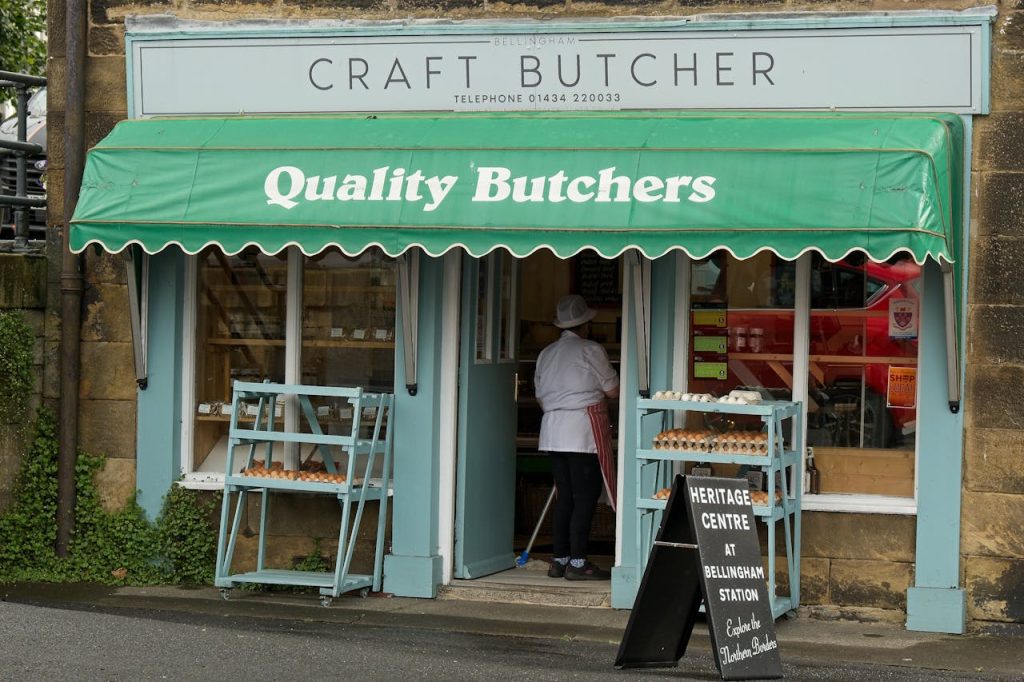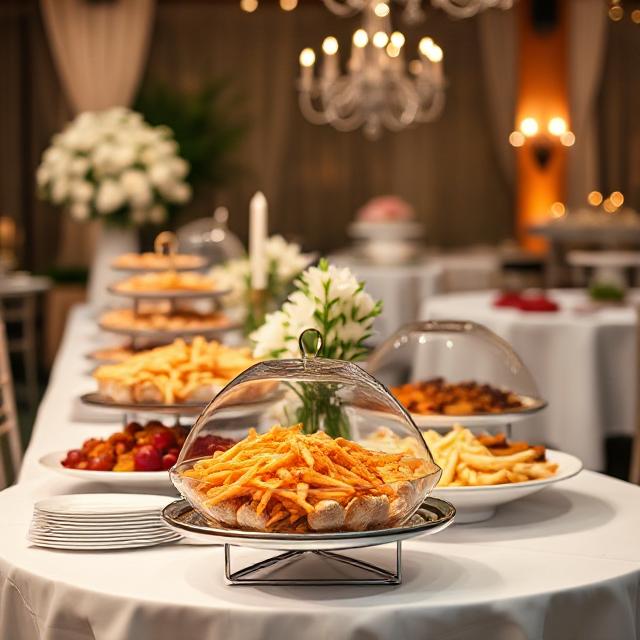Armagh is Northern Ireland’s smallest county, known as the “Orchard County” for its apple orchards. This quiet rural retreat features rugged landscapes from Slieve Gullion to Lough Neagh shores, plus historic cities steeped in heritage and character.
Caterers Available
Average Rating
Price Range

Guest range: 10 – 500
Hygiene score: 4/5

Guest range: 20 – 230
Hygiene score: /5

Guest range: 20 – 200
Hygiene score: 5/5

Guest range: 18 – 200
Hygiene score: /5
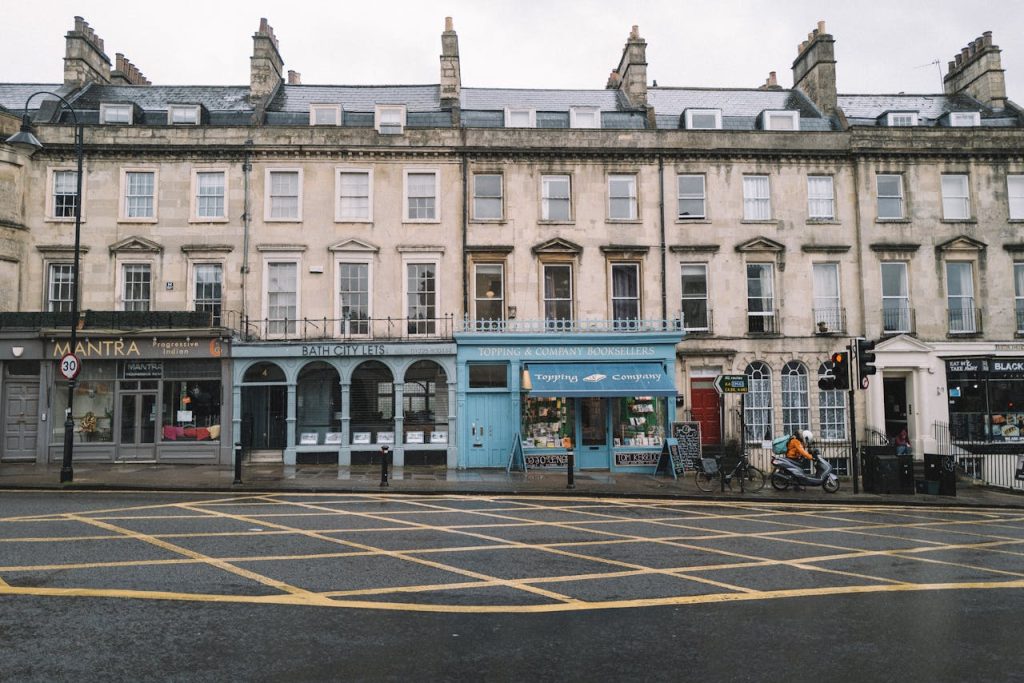
Armagh experiences cool summers and long, cold winters with frequent rainfall throughout the year. Temperatures typically range from 35°F to 66°F, with the driest months being May through July.
Winter events require heated indoor venues or substantial marquee heating systems. Summer brings popular festivals like the 7 Hills Blues Fest and Georgian Weekend celebrations, creating peak demand periods. Spring offers ideal conditions for outdoor catering with apple blossom season providing stunning backdrops.
Autumn harvest season aligns perfectly with local produce availability, making it excellent for farm-to-table catering concepts. Weather can change quickly, so backup indoor arrangements are essential year-round.
 Logistics & Transportations
Logistics & TransportationsArmagh benefits from two major highways – the M1 and A1/N1 – crossing the county, making road access straightforward for catering suppliers. Belfast International Airport sits 44.88km away, with George Best Belfast City Airport at 58.66km, facilitating ingredient imports and guest travel.
Many venues are located in rural settings, requiring careful planning for delivery vehicles and equipment transport. Some historic properties have access restrictions for large catering trucks. Parking coordination is crucial, especially for popular venues like those around the Mall area.
Border proximity to Republic of Ireland offers additional supplier options but may involve customs considerations for certain imported ingredients.
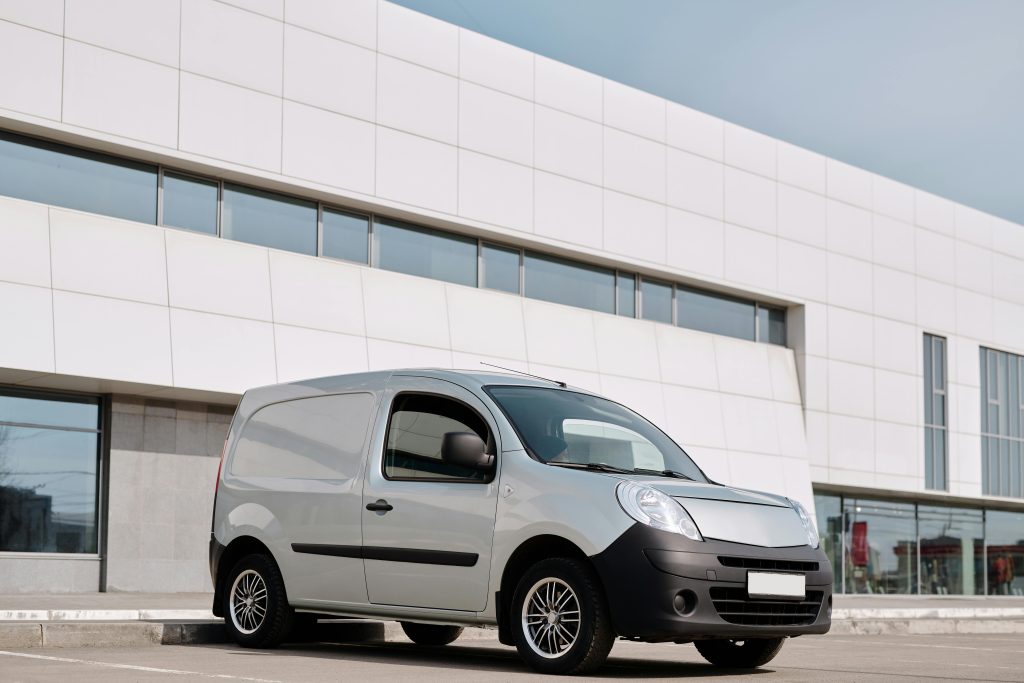
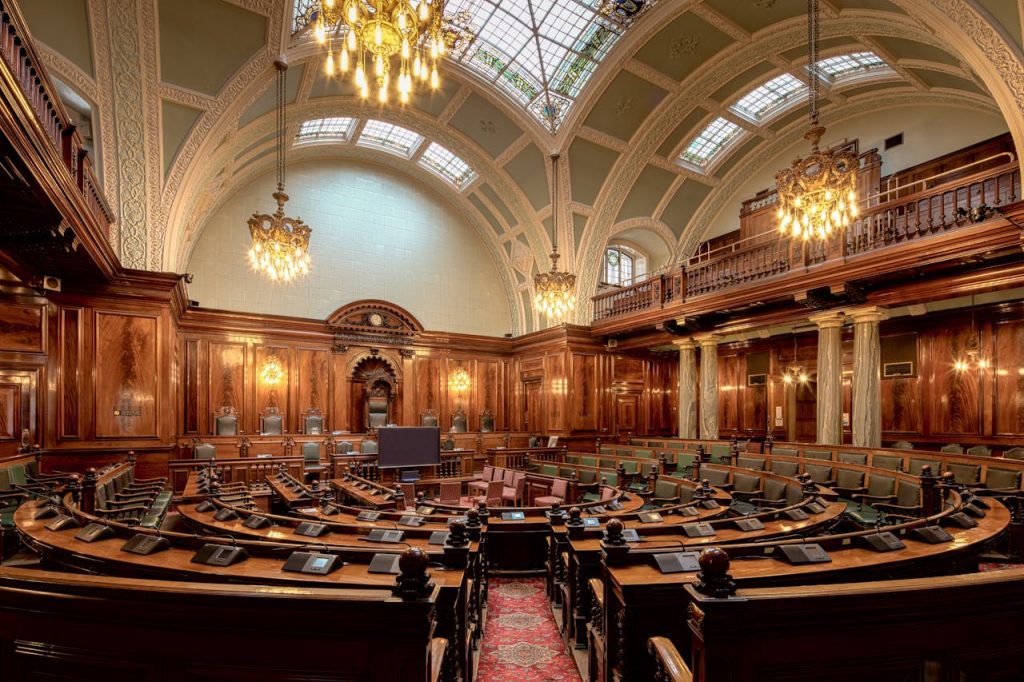
Northern Ireland follows the Food Standards Agency’s “Safe Catering” guidance, requiring catering businesses to comply with food hygiene regulations and implement HACCP-based food safety management systems. All food businesses must register with local authorities and maintain temperatures below 63°C for hot foods, with cold foods kept below 8°C.
Mobile catering units require separate registration for each operating location. Businesses must maintain appropriate temperature records, hygiene training documentation, and fitness-to-work assessments. Alcohol service requires proper licensing through the local council.
Staff handling food must maintain high personal cleanliness standards and wear suitable protective clothing. HACCP training is mandatory for those responsible for food safety procedures.
Northern Ireland follows the Food Standards Agency’s “Safe Catering” guidance, requiring catering businesses to comply with food hygiene regulations and implement HACCP-based food safety management systems. All food businesses must register with local authorities and maintain temperatures below 63°C for hot foods, with cold foods kept below 8°C.
Mobile catering units require separate registration for each operating location. Businesses must maintain appropriate temperature records, hygiene training documentation, and fitness-to-work assessments. Alcohol service requires proper licensing through the local council.
Staff handling food must maintain high personal cleanliness standards and wear suitable protective clothing. HACCP training is mandatory for those responsible for food safety procedures.
